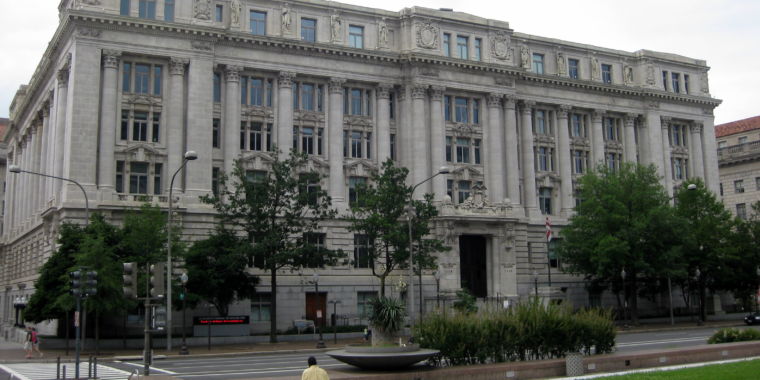
How I changed the law with a GitHub pull request
Table of Contents

Recently, I found a typo in the District of Columbia’s legal code and corrected it using GitHub. My feat highlights the groundbreaking way the District manages its legal code. As a member of the DC Mayor’sOpen Government Advisory Group, I was researchingthe law that establishes DC’s office of open government,which issues regulations and advisory opinions for the District’s open meetings law (OMA) and open records law (FOIA).
The law was updated last month, and something seemed to have changed: there was no longer a reference to issuing advisory opinions for FOIA. Comparing the DC Code tothe act that made the change, I noticed that something was amiss in section (d): Subchapter I of Chapter 5 of Title 2 of the DC Codeis about how the DC government makes regulations. FOIA is subchapter II, not subchapter I.
In other words, the link to “subchapter I of Chapter 5 of Title 2” took visitors to the wrong part of the law. The District does something with its legal code that no other jurisdiction in the world does (to my knowledge): it publishes the law onGitHub. GitHub is a website used primarily by software developers to share and collaborate on software code.
Lawyers and engineers noticed in the early part of this decade thatlawmaking and software engineering have a lot in commonwhen it comes to tracking changes to their code—whether it be legal code or software code. The District has managed to take a practice of modern software development and apply it to its legal code by putting its legal code onto GitHub athttps://github.com/DCCouncil/dc-law-xml.
Source: arstechnica.com
